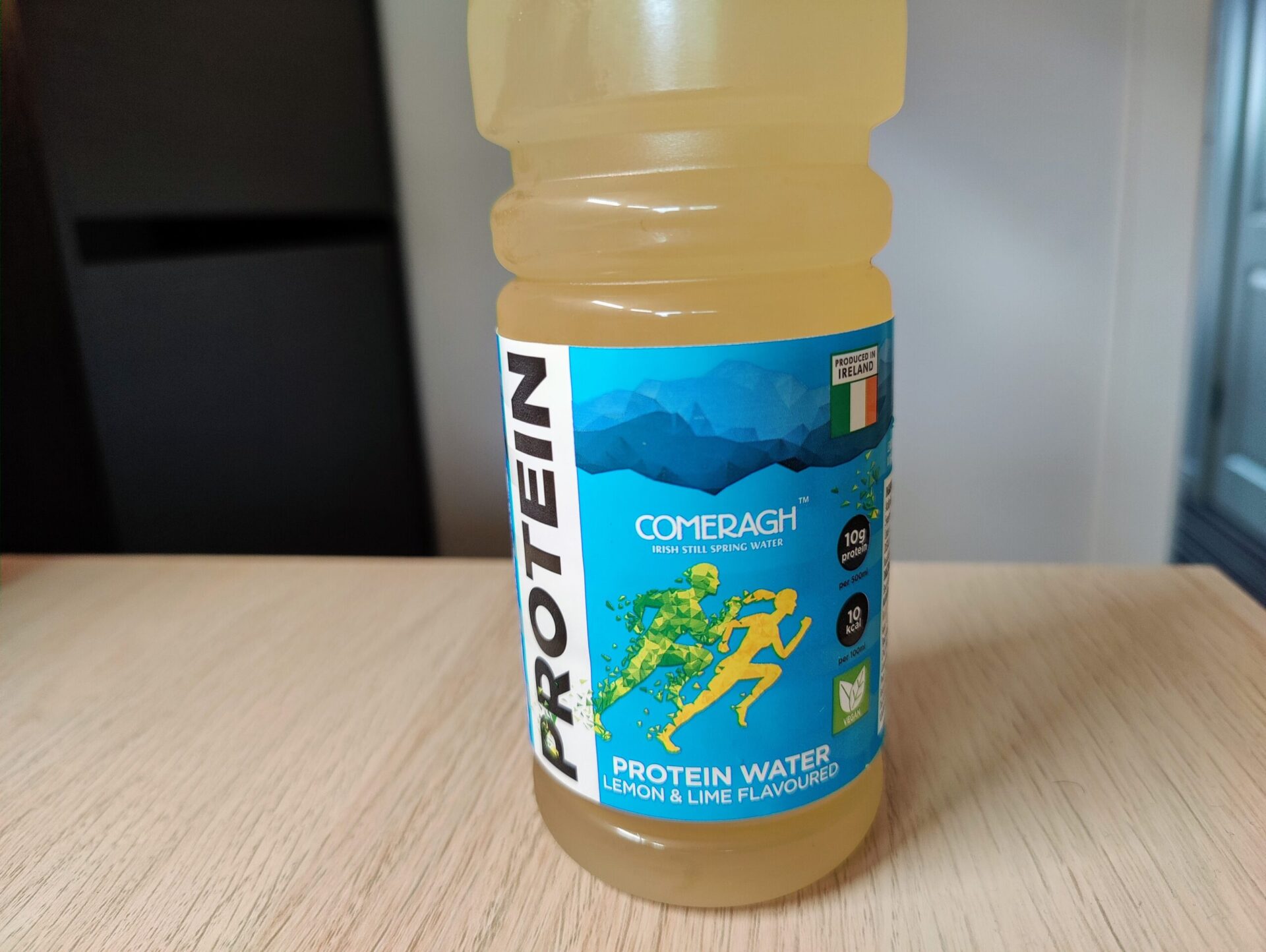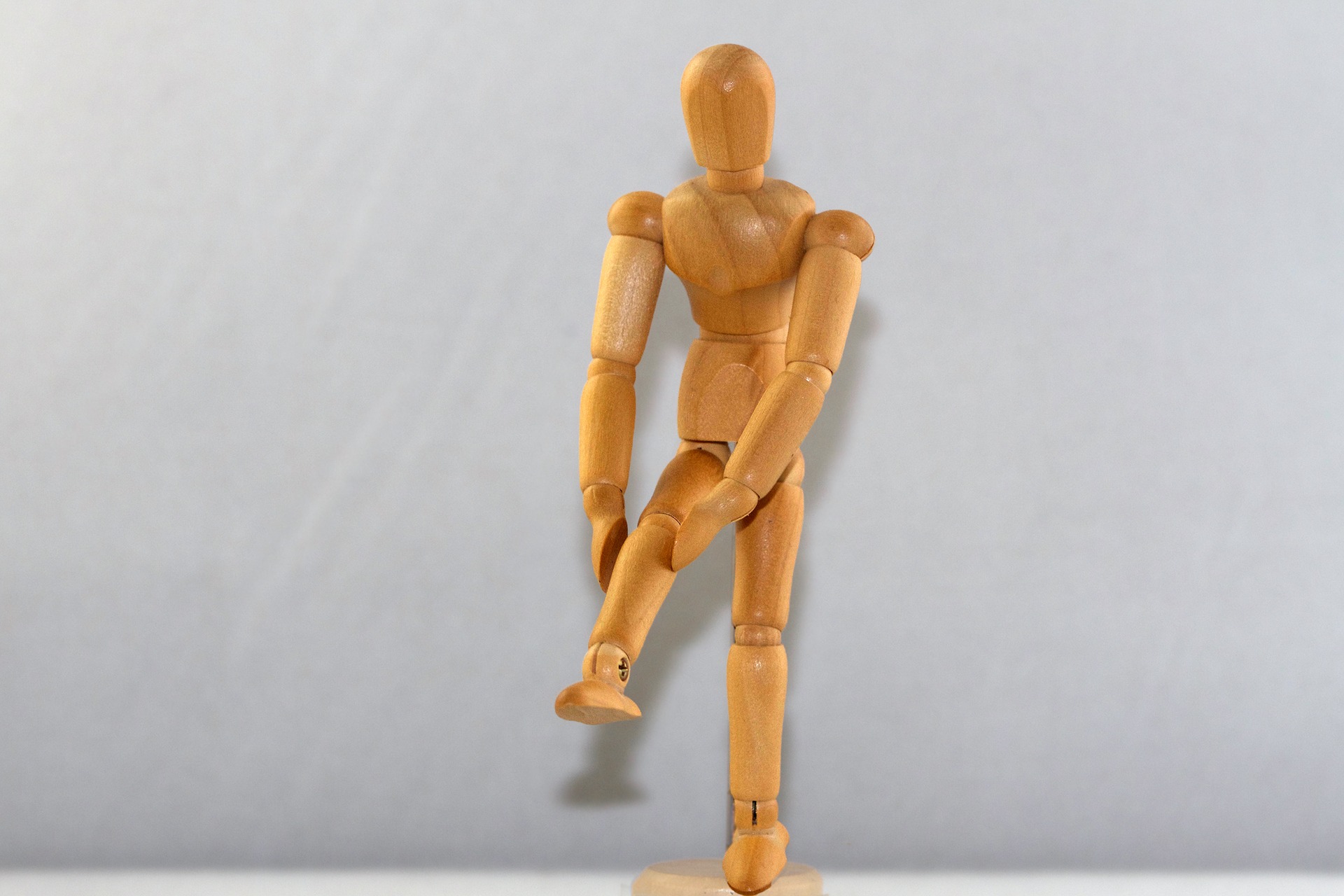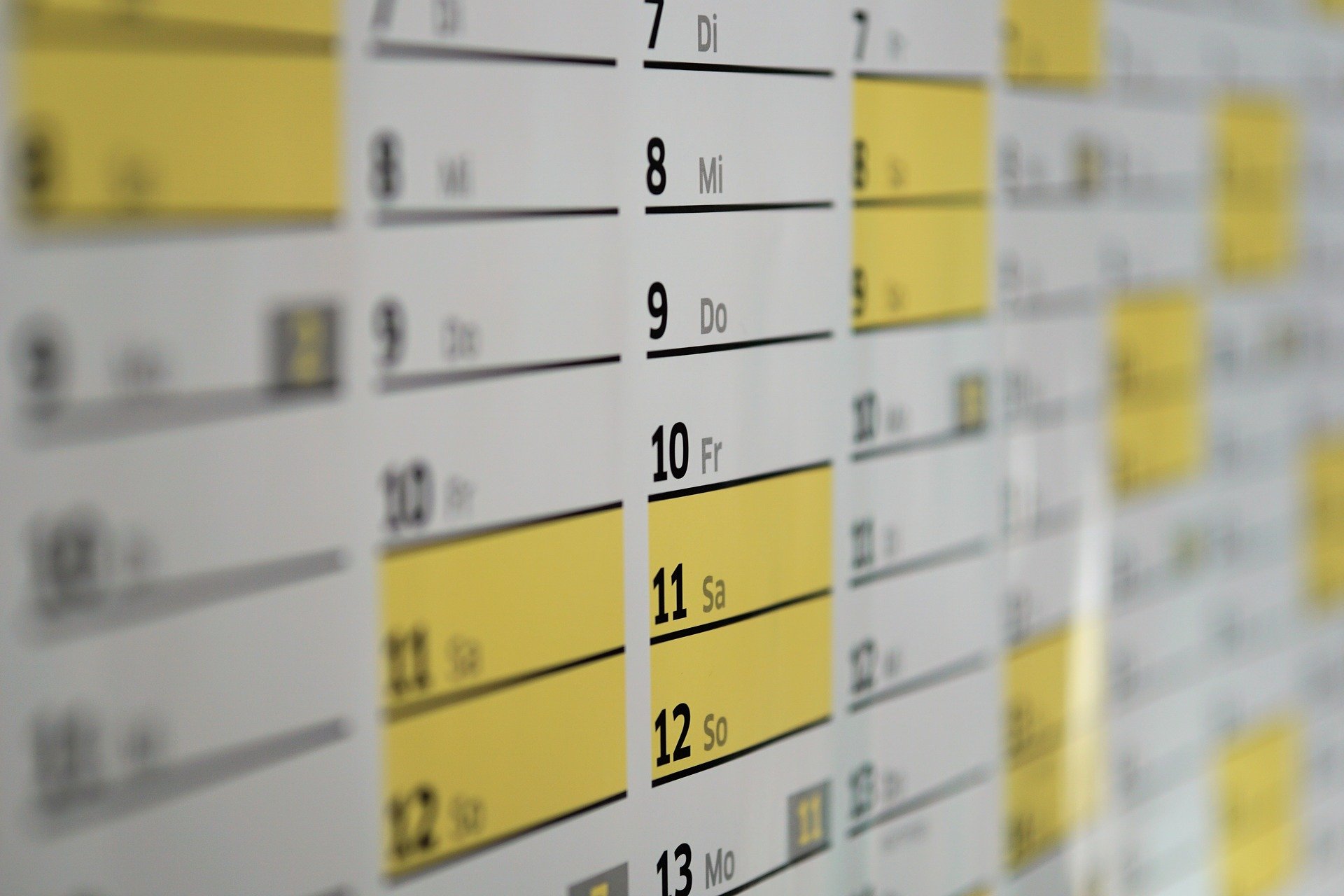Obesity has been identified as one of the significant risk factors for people catching the COVID-19 coronavirus.
Here in Ireland, the vaccine rollout is being done in groups, which starts with:
- Group 1 – People ages 65 years and older who live in long-term care facilities
- Group 2 – Frontline healthcare workers
- Group 3 – People aged 70 and older living in the community
- Group 4 – People aged 16 to 69 who are at very high risk
- Group 5 – People aged 65 to 69 at high risk
- Group 6 – Other people aged 65 to 69
- Group 7 – People aged 16 to 64 who are at high risk
After that, the rest of the population is being vaccinated based upon age group – starting with the oldest people first.
Groups 1-4 are currently receiving their first dose of vaccine, and those in groups 5-7 are expected to start receiving theirs over the next month or so.
The interesting thing for obese people is that:
- Group 4 includes people who have a BMI over 40
- Group 7 includes people who have a BMI over 35
According the the HSE, everyone in group 4 should receive their first dose by the end of April 2021, and people in group 7 should start on 3rd May 2021.
Hospitals vaccination lists
I heard today that the bariatric team in my hospital recently submitted a list of all their patients to the HSE – to make sure they’re all included in these earlier vaccine stages. Whether that means people are included in group 4 or 7 I don’t know, but it’s an encouraging sign.
I also heard that the oncology teams have also submitted lists of their current and former patients – which I guess will also include me, because of the Hodgkin’s Lymphoma I had back in 2015/6.










Leave a Comment